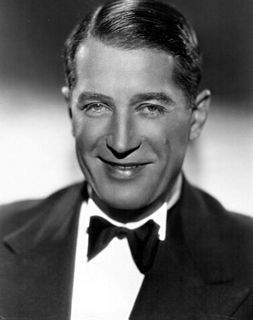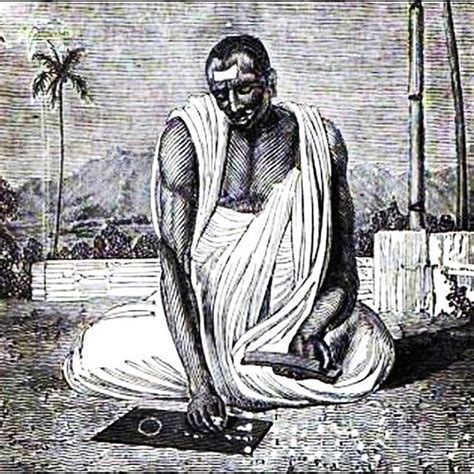A Quote by Alexander Pope
Ask for what end the heavenly bodies shine,
Earth for whose use? Pride answers, 'Tis for mine
For me kind nature wakes her genial power,
Suckles each herb, and spreads out every flower.
Related Quotes
Nature herself has not provided the most graceful end for her creatures. What becomes of all these birds that people the air and forest for our solacement? The sparrow seems always chipper, never infirm. We do not see their bodies lie about. Yet there is a tragedy at the end of each one of their lives. They must perish miserably; not one of them is translated. True, "not a sparrow falleth to the ground without our Heavenly Father's knowledge," but they do fall, nevertheless.
It has been asserted that there is a separate species on the earth to correspond with each one of the stars. Now if the earth provides in each species a focus for the action of each star, why may not a similar provision be made among other heavenly bodies that are subject to the action of their fellows?
All things belonging to the earth will never change-the leaf, the blade, the flower, the wind that cries and sleeps and wakes again, the trees whose stiff arms clash and tremble in the dark, and the dust of lovers long since buried in the earth-all things proceeding from the earth to seasons, all things that lapse and change and come again upon the earth-these things will always be the same, for they come up from the earth that never changes, they go back into the earth that lasts forever. Only the earth endures, but it endures forever.
The carved images on the early Minoan sealstones are tantalising, inscrutable. The Nature Goddess is yanked from the soil like a snake or a sheaf of barley; the Mistress of the Animals suckles goats and gazelles. There are male Adorants certainly - up on tiptoe, their outstretched arms hoisted in a kind of heil, their bodies arched suggestively, pelvis forward, before the Goddess - but there are no masculine deities, not a single one in sight. No woman worth her salt, one might think, could fail to be intrigued.
Lara walked along the tracks following a path worn by pilgrims and then turned into the fields. Here she stopped and, closing her eyes, took a deep breath of the flower-scented air of the broad expanse around her. It was dearer to her than her kin, better than a lover, wiser than a book. For a moment she rediscovered the purpose of her life. She was here on earth to grasp the meaning of its wild enchantment and to call each thing by its right name, or, if this were not within her power, to give birth out of love for life to successors who would do it in her place.
If I were hanged on the highest hill, Mother o’ mine, O mother o’ mine! I know whose love would follow me still, Mother o’ mine, O mother o’ mine! If I were drowned in the deepest sea, Mother o’ mine, O mother o’ mine! I know whose tears would come down to me, Mother o’ mine, O mother o’ mine! If I were damned of body and soul, I know whose prayers would make me whole, Mother o’ mine, O mother o’ mine!
To be a woman condemned to a wretched and disgraceful punishment is no impediment to beauty, but it is an insurmountable obstacle to power. Like all persons of real genius, her ladyship well knew what accorded with her nature and her means. Poverty disgusted her -subjection deprived her of two-thirds of her greatness. Her ladyship was only a queen amongst queens: the enjoyment of satisfied pride was essential to her sway. To command beings of an inferior nature, was, to her, rather a humiliation than a pleasure.







































